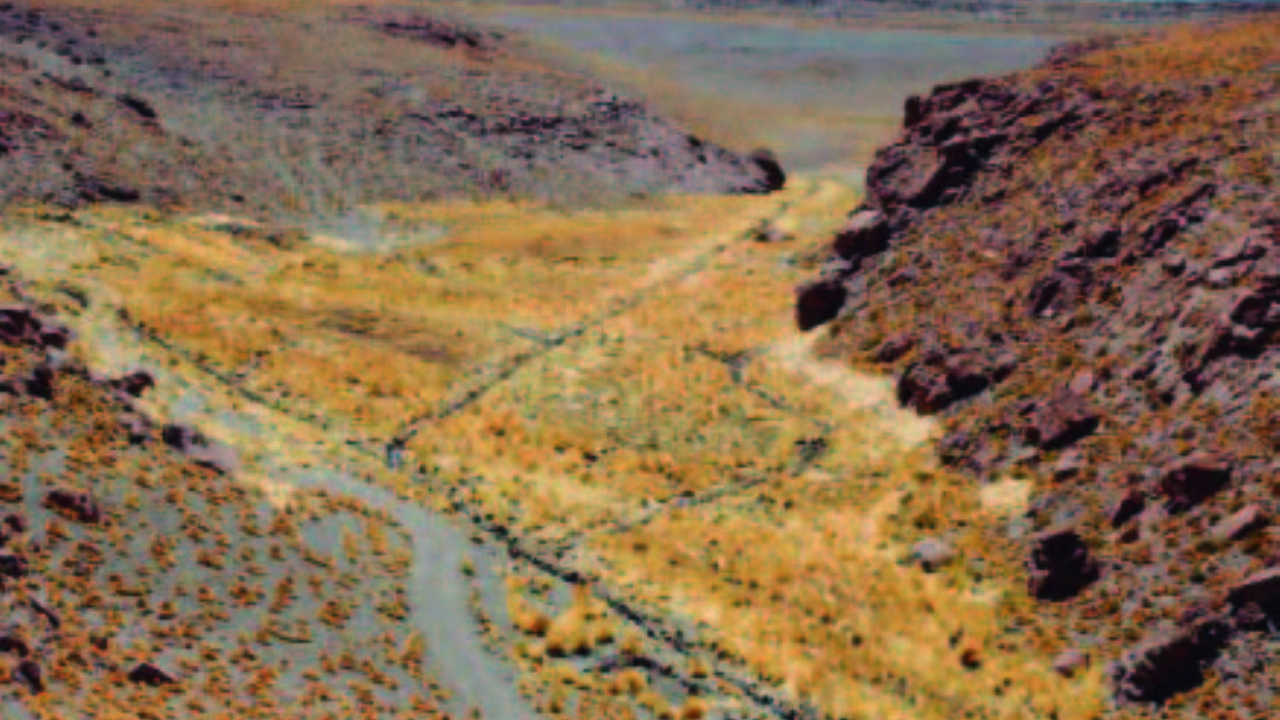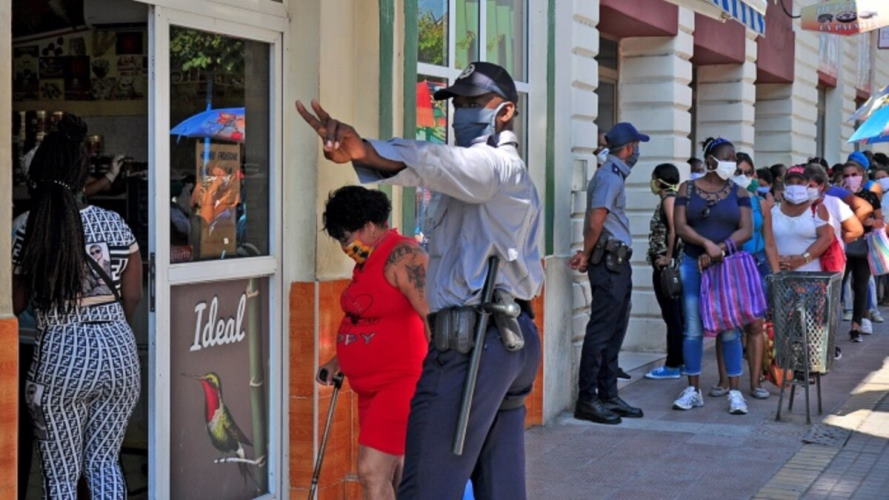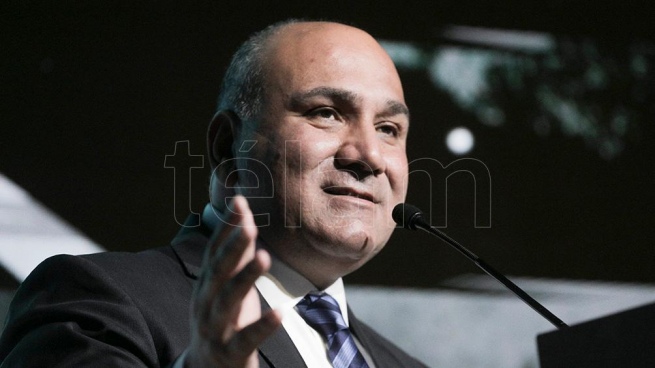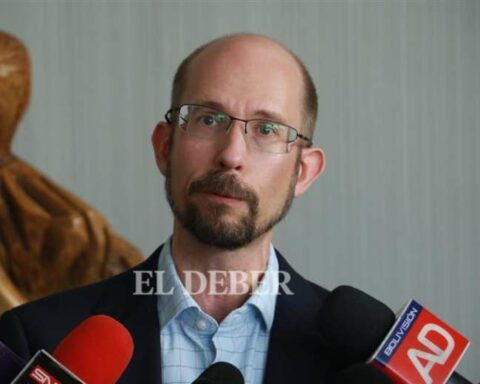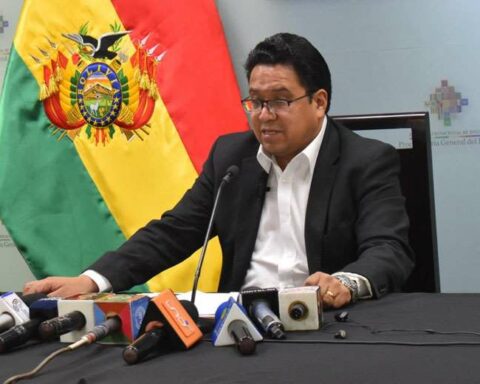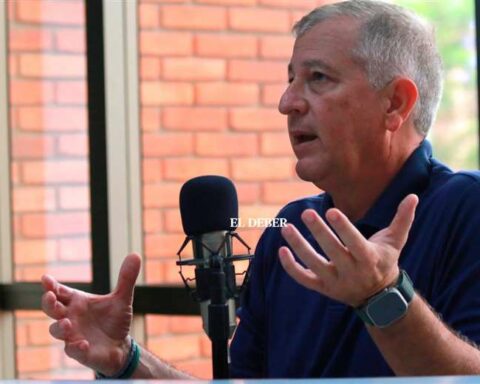Pablo Peralta M. / La Paz
Bolivia, on its second day of arguments before the judges in The Hague, declared that it is entitled to compensation for maintaining the canalizations and for the value of the artificial flow of the Silala. This is in the event that Chile wants the flow to be maintained, because it does not have the right to continue receiving the boosted flow.
“Bolivia declares that it is entitled to compensation, this would include the cost of maintaining the canalizations and the value of the enhanced surface flow resulting from the canalizations,” said attorney Rodman Bundy.
The jurist indicated that the conditions, modalities and compensation for keeping the pipelines in operation and maintaining the current flow would have to be negotiated between the parties.
This point is reflected in Bolivia’s “C” counterclaim, in the framework of the Silala case that is heard in the International Court of Justice (ICJ). Bundy and attorney Mathias Forteau laid out the three national counterclaims.
Forteau made the exposition of counterclaim “A”, with which Bolivia asks the Court to declare that it has sovereignty over the artificial canals and the Silala drainage facilities that are in its territory, and that it has the right to decide whether they should stay and how.
“This lawsuit should not pose the slightest problem, and for two reasons: 1) because such sovereignty is clearly recognized in international law, including the Court’s jurisprudence; 2) because in her writings, Chile concedes regarding the principle that Bolivia possesses these sovereign rights”, he maintained.
On the second point, Forteau commented that Chile indicated that it accepts that Bolivia has ownership of the infrastructure located in its territory. Even -he mentioned- Chile endorsed Bolivia’s affirmation, according to which the restoration of the wetlands would justify a possible dismantling of the canals, an action that Santiago encouraged to consummate.
However, the jurist stressed that the problem is that Chile “gives one of lime and one of sand”, because deep down it conditions the right of Bolivia to dismantle the canals, to its own right of equitable and reasonable use of the waters. .
Photo: Countermemory / Diremar
“Chile’s writings imply that Bolivia’s sovereign rights would be subject to a series of conditions, as can be seen from the repeated use in its writings of terms such as: ‘provided that’, ‘without prejudice to’ or ‘in the to the extent that’ or ‘except if’”, said the lawyer, who added that these ambiguities have not dissipated and that he hopes that Chile will clarify its position.
Counterclaim “B” was addressed by Bundy and focuses on Bolivia asking the Court to declare that it has sovereignty over the artificial flow of Silala waters, managed, increased or produced in its territory, and that Chile has no right to that artificial flow.
The lawyer indicated that Chile, in its reply, does not question Bolivia’s “A” counterclaim, regarding the sovereignty of the pipelines. “The corollary of this recognition is that Chile has no legal right to insist that the enhanced surface flow be maintained. It is the sovereign decision of Bolivia to make that decision, ”he asserted.
Bundy added that the second part of the “B” counterclaim focuses on the fact that Chile has no “acquired right” to that artificial flow. “Chile benefited from this flow for many years, but it does not have any acquired legal right to continue receiving the enhanced surface flow produced by the channeling and drainage works,” he said.
Counterclaim “C” was also exposed by Bundy, who explained that it aims for the Court to declare that all supplies from Bolivia to Chile of the artificial flow of the waters of the Silala, as well as the conditions and modalities, including the compensation that must be paid for supply, they are subject to an agreement with Bolivia.
Bundy recalled that Chile’s position, of not objecting to the destruction of the canals, is not what it had when a draft agreement was negotiated with Bolivia in 2009, nor when it reserved the right to request precautionary measures, for which he believes that it is possible to change position, given the risk demonstrated by DHI that the flow would be reduced if the channels were dismantled.
It was within this framework that the jurist stated: “Bearing in mind that Chile does not have the acquired right to continue receiving the enhanced surface flow produced by the canalizations, in the event that Bolivia decides to dismantle the canalization and Chile returns to its previous position, for the purposes of wanting the flow to be maintained, Bolivia declares that it has the right to compensation”.
Andrónico Rodríguez, president of the Senate, stated that the national team made a presentation “in a very technical, scientific and very diplomatic way.” The Chilean agent, Ximena Fuentes, limited herself to pointing out the meeting that she had with her team “to fine-tune the final details” of the response that they will give today to Bolivia.
Chile’s writings imply that Bolivia’s sovereign rights would be subject to conditions.
Mathias Forteau, lawyer
Yes, there is a difference between natural flow and enhanced flow. Chile benefited from this flow for many years”.
Rodman Bundy, attorney

